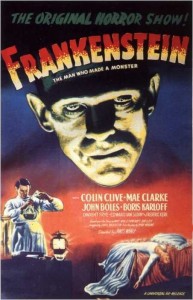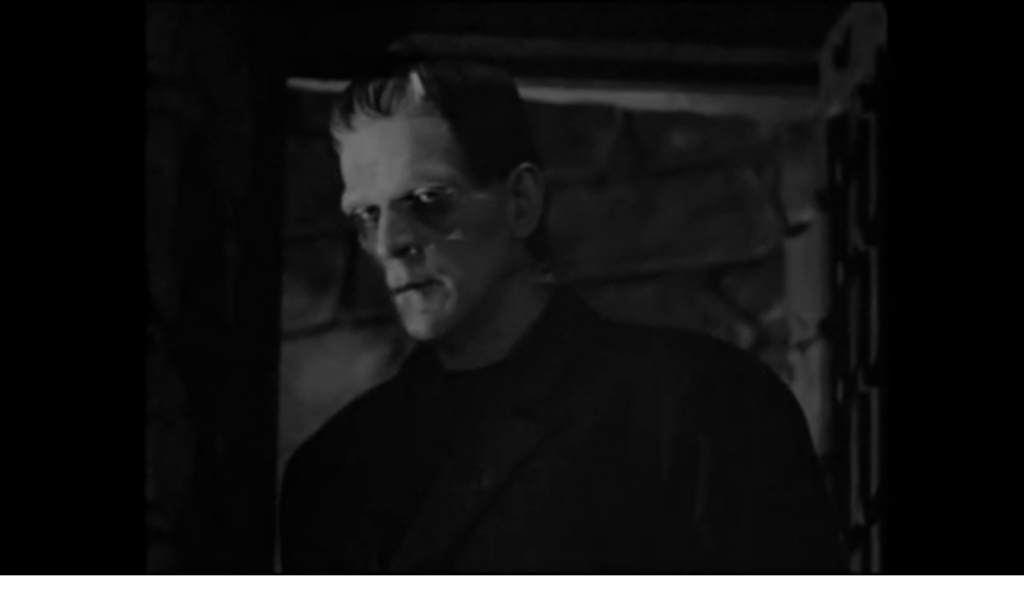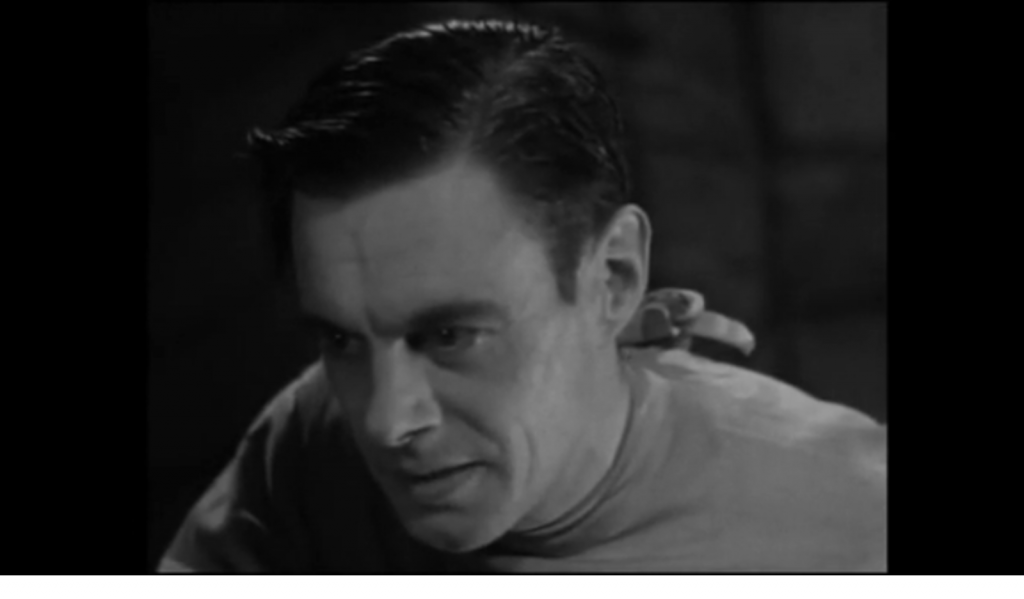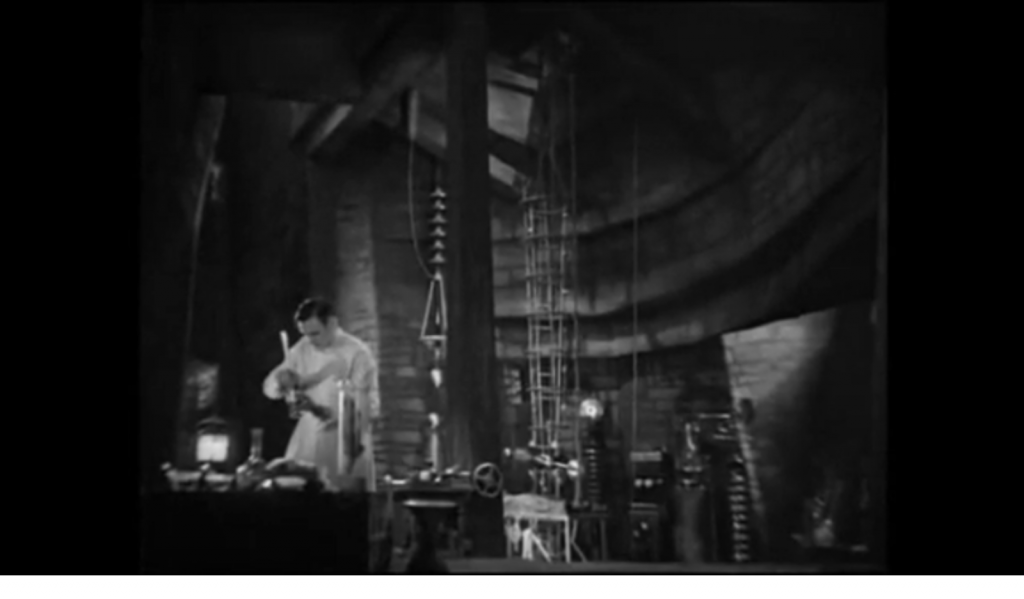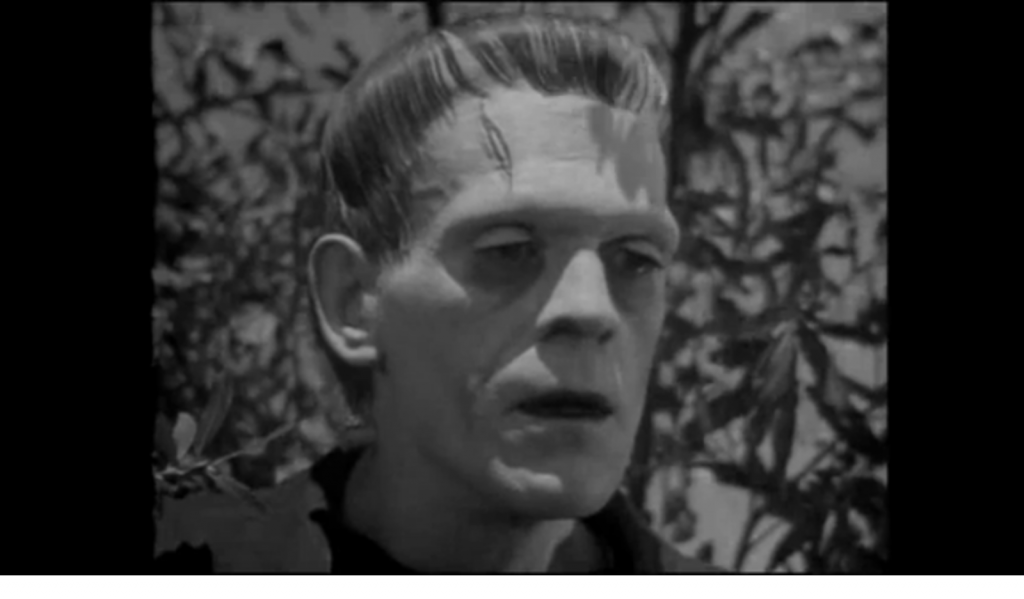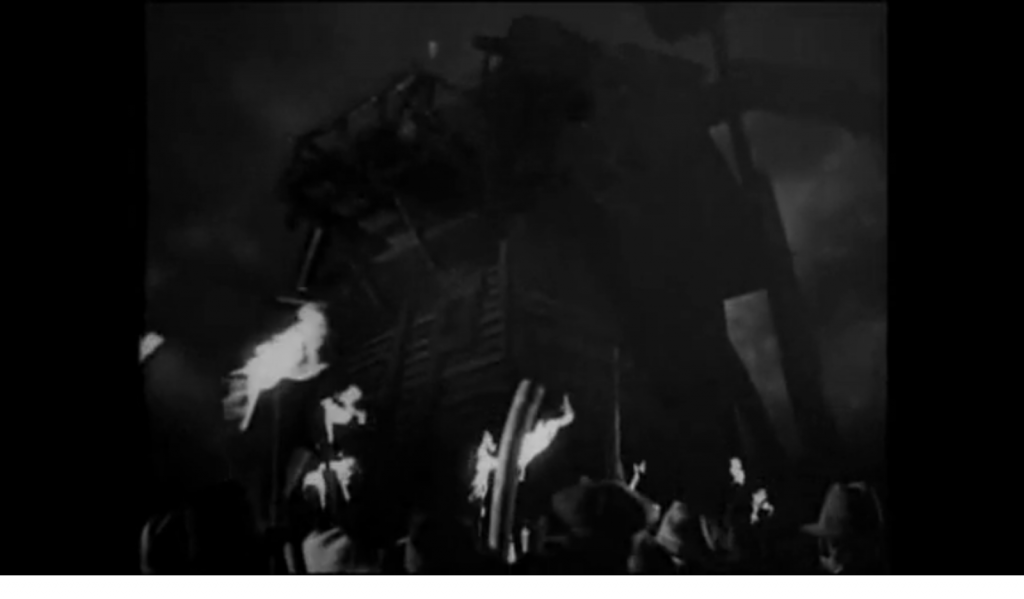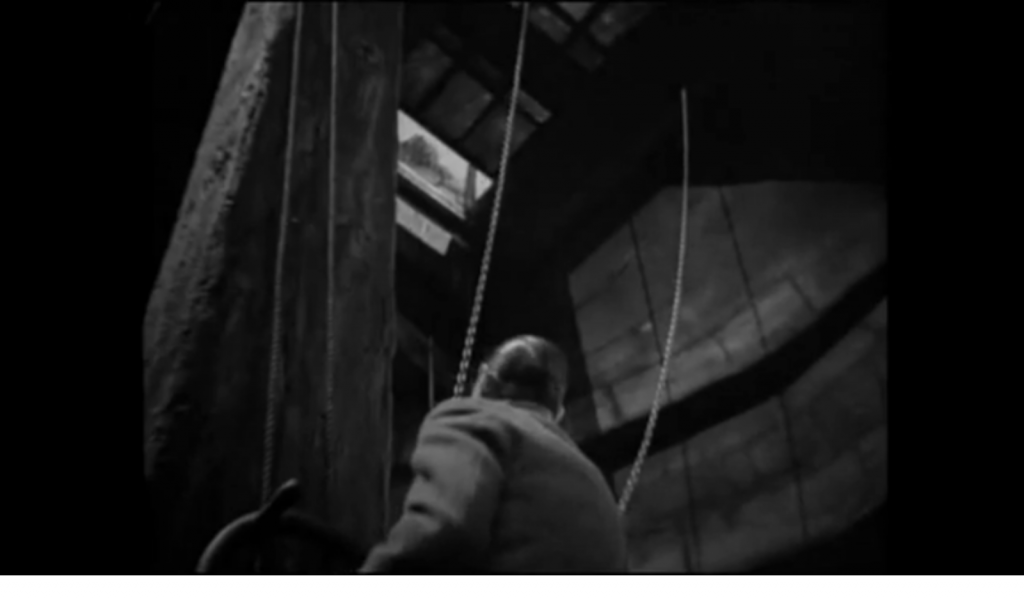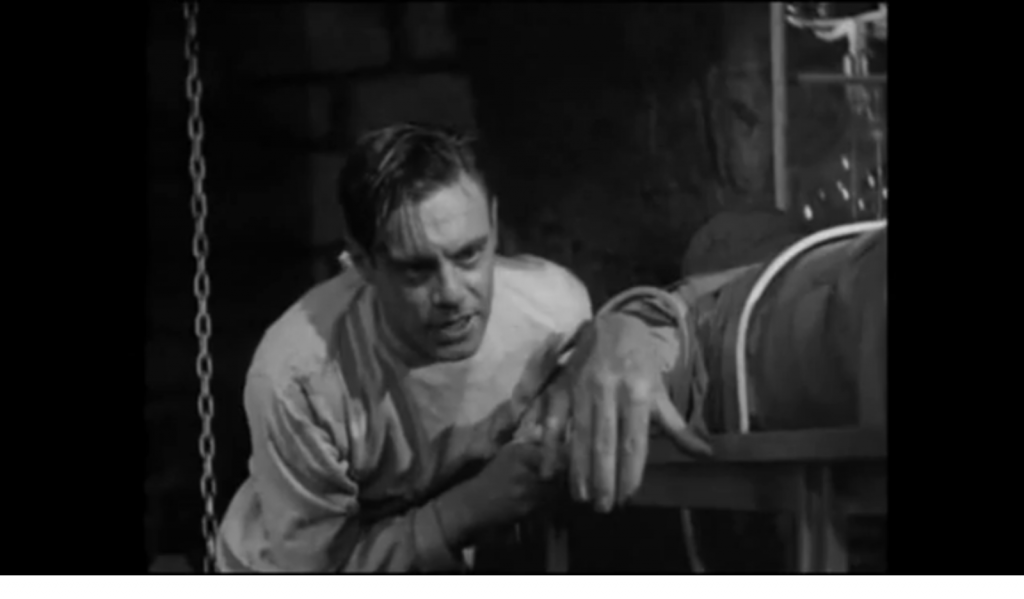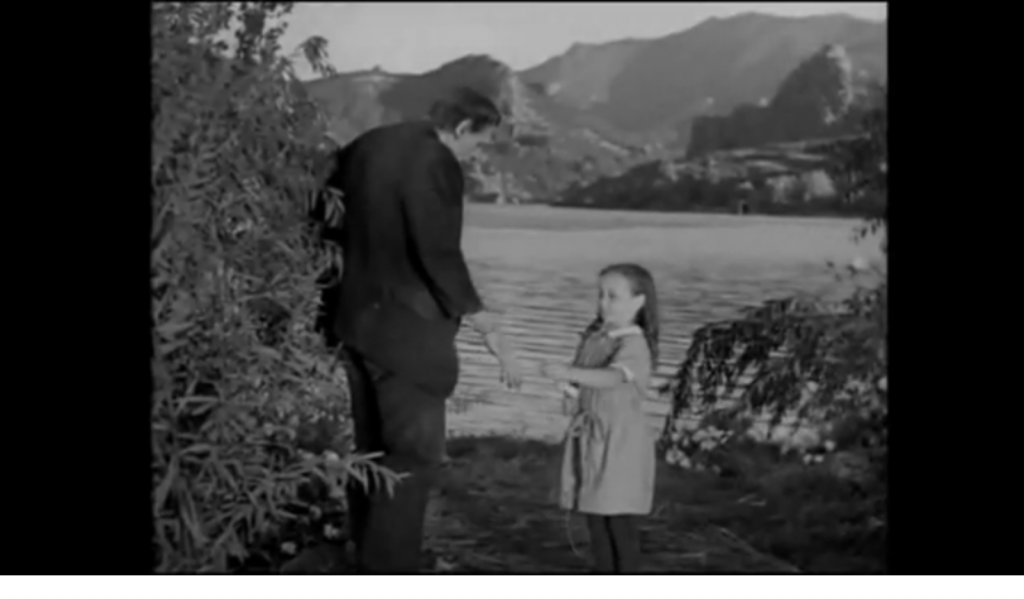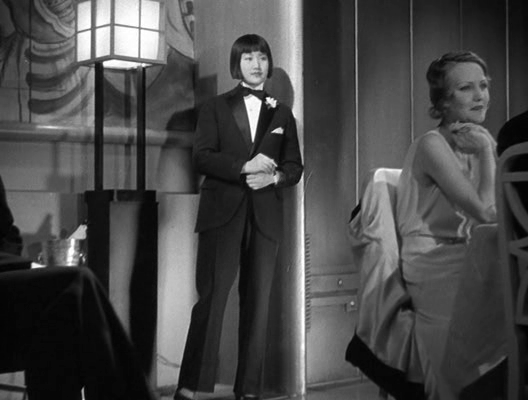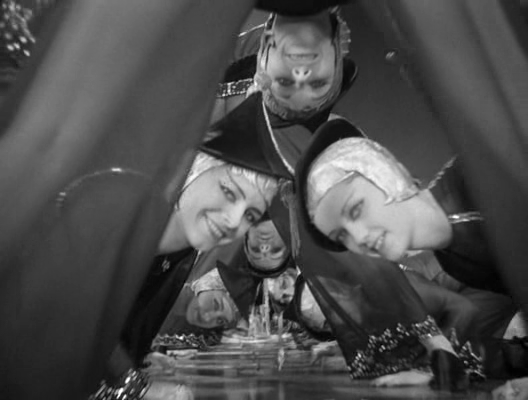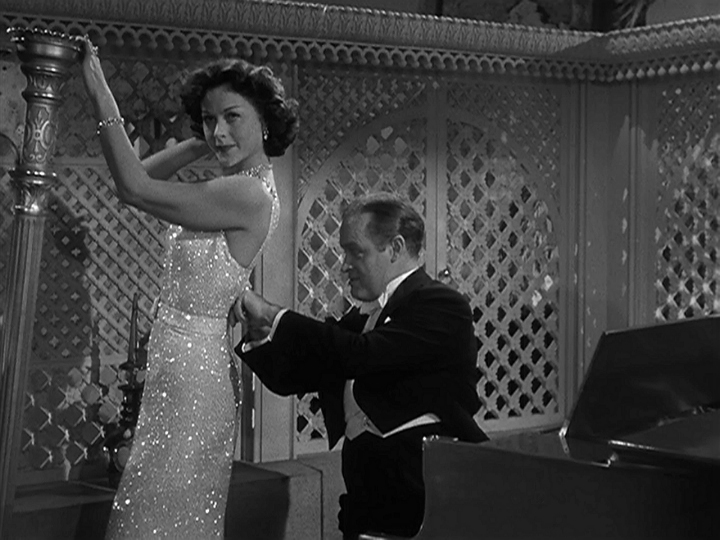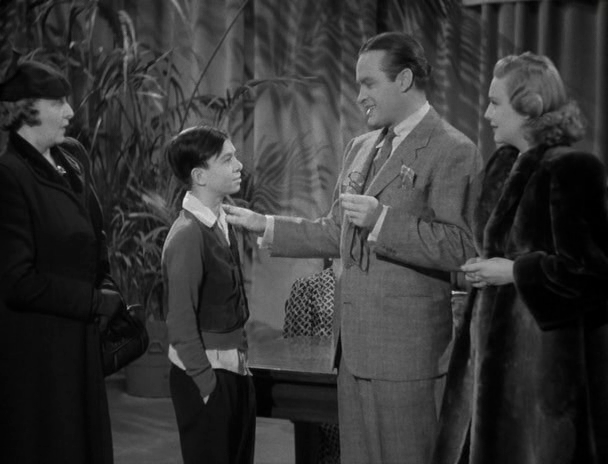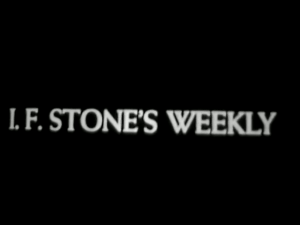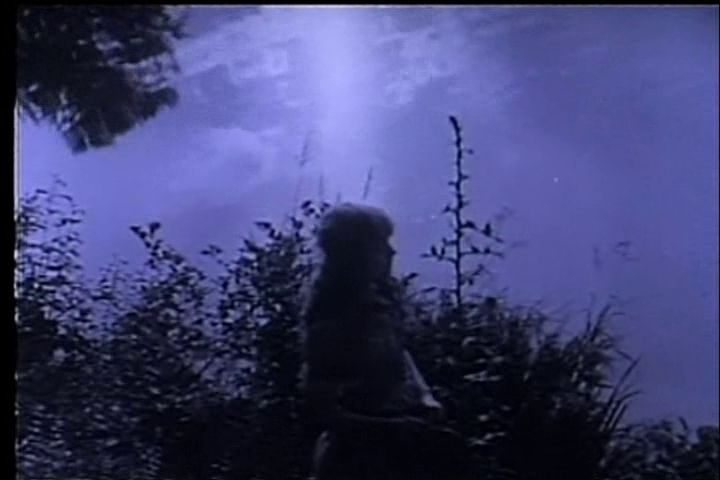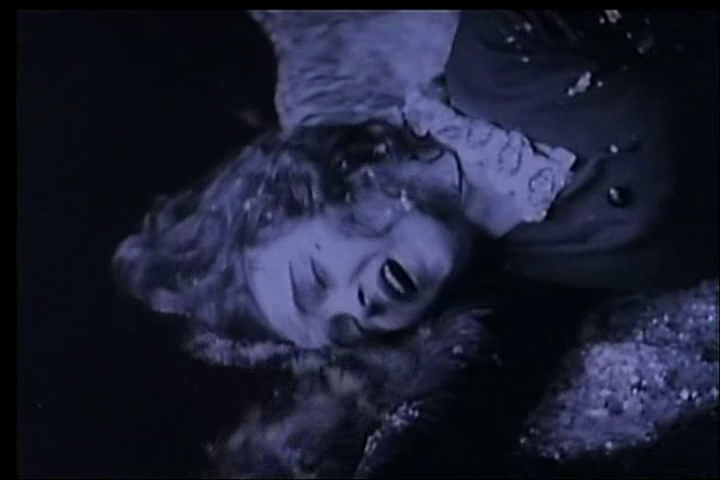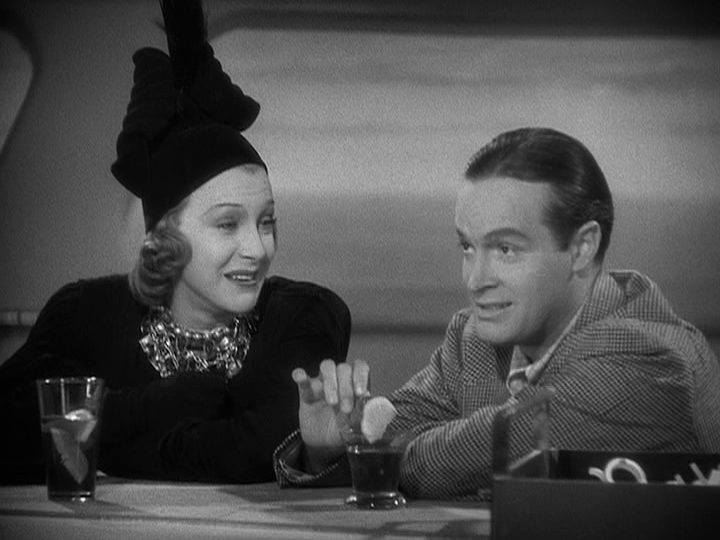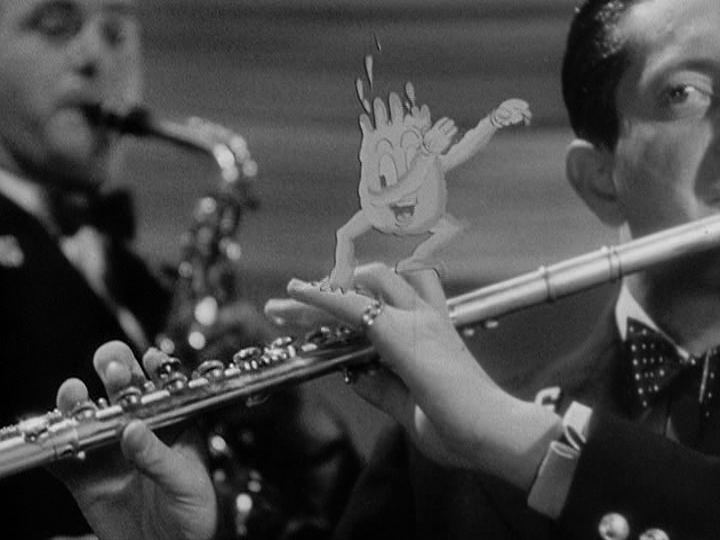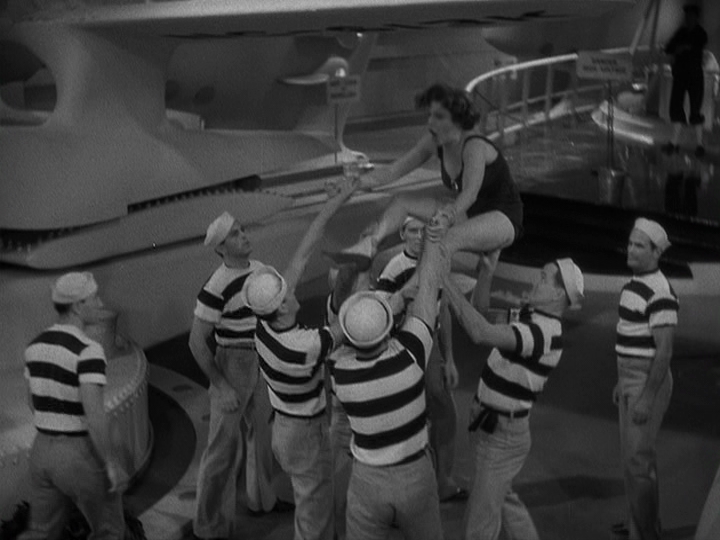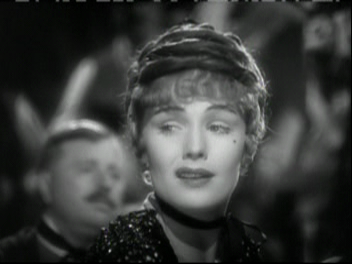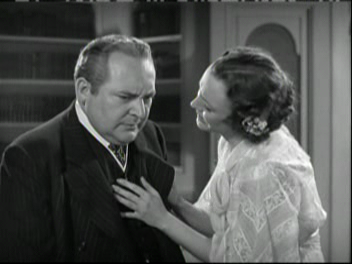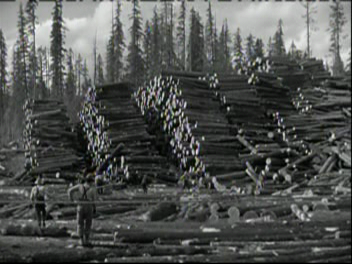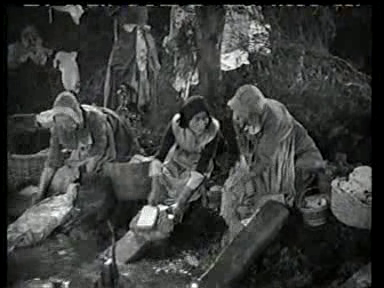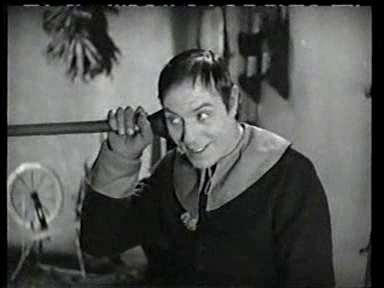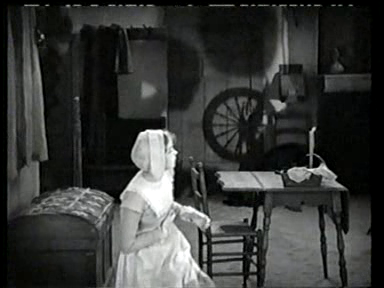Frankenstein (1931)
“Now I know what it feels like to be God!”
|
Synopsis: |
|
Genres, Themes, Actors, and Directors:
Response to Peary’s Review: In the remainder of Peary’s review, he provides an interesting analysis of the film’s themes and philosophical groundings. He argues that “Whale seems to go along with Shelley’s controversial belief that Frankenstein’s sin is not that he defies God by creating life but that once he becomes a creator he both emulates God and competes with him for sovereignty”. Indeed, this is evidenced by the powerful scene in which “Karloff beautifully conveys the recently born being’s newfound feelings of warmth and wonderment” as he “shuffles directly under the light” which is “flickering into the dark chamber”, only for Dr. Frankenstein to “block out the light, jealously refusing the creature any knowledge (symbolized by sunlight) that he didn’t offer himself, as well as any contact with the god who sent his sun ray.” Peary’s interpretation here is spot-on, and demonstrates the level of care taken with turning Shelley’s complex tale into more than just a standard horror flick. What’s most tremendous about Frankenstein is the way in which we come to genuinely care about the Monster — even when (in perhaps the movie’s most affecting, devastating scene) his new friendship with a young girl goes tragically wrong. Karloff’s ability to convey depth of emotion through layers of expertly applied make-up (which apparently took five hours each day to apply, and two hours to remove) is truly impressive; it’s understandable why Peary chose to nominate him as one of the Best Actors of the Year in his Alternate Oscars book. Also impressive (if less astonishing) is Clive’s performance as Dr. Frankenstein. Knowing Clive’s personal history (he died just six years later, at the age of 37, from complications related to his alcoholism) adds an extra layer of pathos to his portrayal of a man who “has withdrawn into self-imposed isolation… and become an elitist”, ultimately neglecting “his fatherly obligations and abandon[ing] his ‘son’, leaving the creature to make its way in a world repulsed by grotesquery”. Redeeming Qualities and Moments:
Must See? Categories
(Listed in 1001 Movies You Must See Before You Die) Links: |
